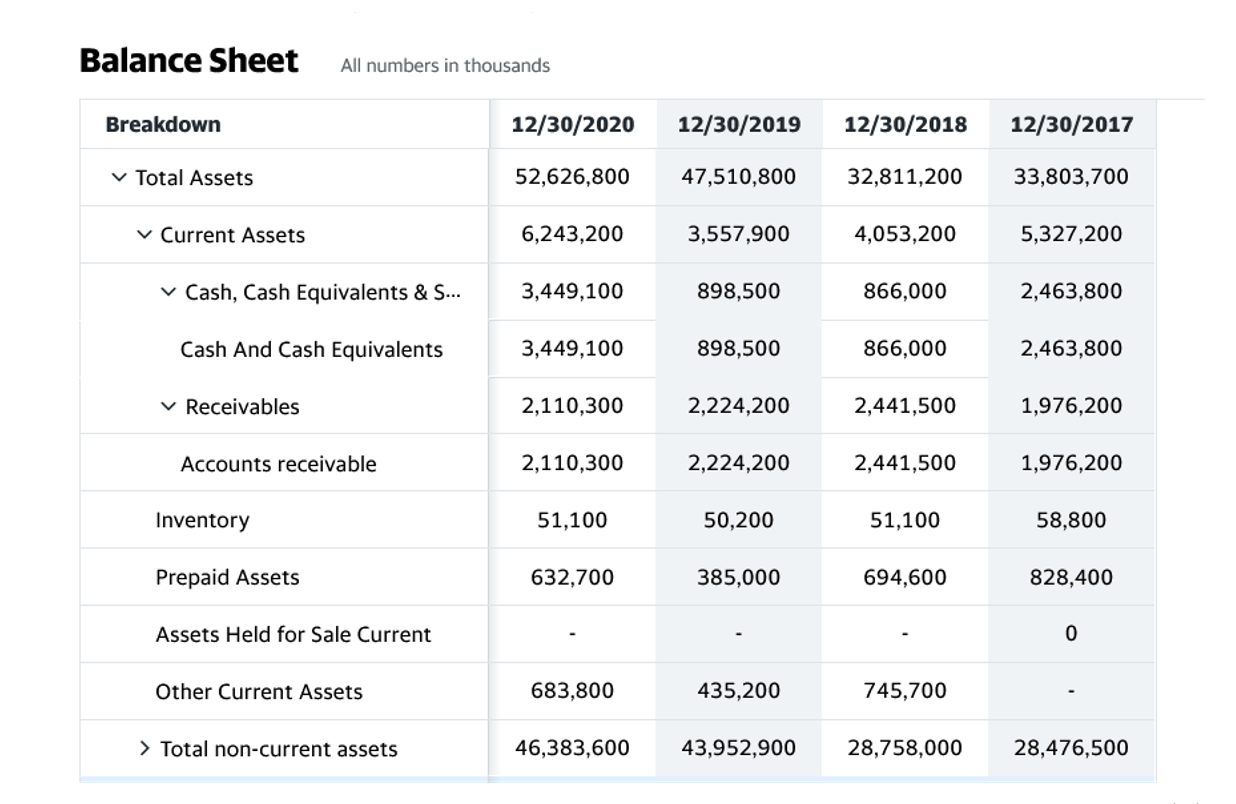
FOB destination transfers the title of shipped goods when it arrives at the buyer’s specified delivery location—usually the buyer’s loading dock, post office box, or office building. As soon as the goods arrive at the buyer’s delivery location, the legal title of the goods transfers from the seller to the buyer. This means that the seller legally owns the goods during the shipping process. If something happens while the goods are on the delivery truck, the seller is responsible for them because it still legally owns them. In modern domestic shipping, the term is used to describe the time when the seller is no longer responsible for the shipped goods and when the buyer is responsible for paying the transport costs.

FOB Shipping Point Freight Prepaid
We may earn a commission when you click on a link or make a purchase through the links on our site. All of our content is based on objective analysis, and the opinions are our own. If the same seller issued a price quote of « $5000 FOB Miami », then the seller would cover shipping to the buyer’s location. The phrase passing the ship’s rail is no longer in use, having been dropped from the FOB Incoterm in the 2010 revision. When the ship’s rail serves no practical purpose, such as in the case of roll-on/roll-off or container traffic, the FCA term is more appropriate to use. Only the most enthusiastic lawyer could watch with satisfaction the spectacle of liabilities shifting uneasily as the cargo sways at the end of a derrick across a notional perpendicular projecting from the ship’s rail.
Country/region
It is important to note that FOB does not define the ownership of the cargo, only who has the shipping cost responsibility. For FOB Shipping Point agreements, the buyer assumes the risk almost immediately after the transaction starts, which can be unnerving, especially for high-value goods or volatile shipping routes. Incoterms (International Commercial Terms) are a set of internationally recognized standards that define the roles of buyers and sellers in the transfer of goods in international and domestic trade. For FOB Destination Point agreements, ownership transfers at the opposite end of the journey. Only upon delivery, at the predetermined destination, do the costs and responsibilities transfer to the buyer.
- By clearly defining these terms in their contracts and agreements, parties can help ensure a smooth transfer of goods and minimize the potential for disputes.
- If the goods are damaged in transit, the seller should file a claim with the insurance carrier, since the seller has title to the goods during the period when the goods were damaged.
- That’s because the seller may use a transport carrier of their choice who may charge the buyer more to increase the profit on the transaction.
- FOB destination means that the title and responsibility are transferred at the final shipping destination.
- FOB stands for either “free on board” or “freight on board.” The term is used to designate buyer and seller ownership as goods are transported.
- For FOB Origin, after the goods are placed with a carrier for transport, the company records an increase in its inventory and the seller records the sale.
Accounting for FOB Shipping Point Terms
FAS stands for “free alongside ship” and is often used for bulk cargo transactions. It says that sellers must deliver goods to a vessel for loading, with the buyer taking responsibility for bringing them onboard. Upholding and adhering to International Commercial Terms is critical to international trade and commerce and to individuals as well. The articles and research support materials available on this site are educational and are not intended to be investment or tax advice. All such information is provided solely for convenience purposes only and all users thereof should be guided accordingly. FOB, while advantageous in many ways, comes with inherent transit risks, especially for the party responsible during the shipping.

Jeff pays the shipping costs and the parts are shipped FOB Ann’s Wiring, Inc. (also known as FOB shipping point). On the way to Jeff’s factory, the trucker gets into an accident and the parts are ruined. Jeff tries to sue Ann, but he can’t because the title of the goods already passed to him. The term “freight on board” originated from the days of sailing ships when goods were “passed over the rail by hand,” as defined in Incoterm. The term “FOB” was used to refer to goods transported by ship since sea transport was the main method of transporting cargo from far countries.
- FOB is part of the incoterms list published by the International Chamber of Commerce.
- Conversely, the seller does not have title during this period, and so should not file a claim.
- Keep in mind, though, that CIF agreements are normally much more expensive than others.
- That inventory then becomes an asset in the buyer’s accounting books even though the shipment hasn’t yet arrived.
- If anything happens to the goods in transit, the buyer is responsible for them—not the seller.
- Navigate the process of starting a business in Germany as a foreigner with our comprehensive guide.
- Understanding the difference between FOB shipping point and FOB destination is crucial for determining who is liable for goods during transit.
FOB destination definition
At the same time, the buyer will record in its accounting system that inventory is on route. That inventory then becomes an asset in the buyer’s accounting books even though the shipment hasn’t yet arrived. Before negotiating, make sure you understand the consequences of using FOB shipping point or FOB destination for your purchase—in terms of costs, risks, and responsibilities. Some companies will offer different international shipping for different types of products. Unless there are additional terms in the shipping agreement, buyers handle any freight charges for FOB shipping point goods from when the shipping vessel departs to when they receive their purchase.

What does FOB mean in shipping?
- The buyer records the purchase, accounts payable, and the increase in inventory on January 2 when the buyer becomes the owner of the goods.
- CFR or “cost and freight” means that a seller agrees to arrange export and pay for the costs of shipping—but not for insurance, so the buyer takes on the risk of losses once the goods are onboard.
- In shipping documents and contracts, the term “FOB” is followed by a location in parentheses.
- FOB destination, on the other hand, transfers the ownership of the goods at the delivery point with the seller traditionally paying for the shipping expenses.
- FOB (Free on Board) is an Incoterm® referring to cargo carried via sea or inland waterway.
Thus, the sale is recorded when the shipment leaves the seller’s facility, and the receipt is recorded when it arrives at the buyer’s facility. This means there is a difference between the legal terms of the arrangement and the typical accounting for it. FOB is important for a number of reasons, but most importantly, shippers and carriers need to understand FOB designations in damage situations. Some receiving docks will refuse delivery of obviously damaged goods, rather than accept with a damage notation for future claim against the carrier. However, a shipment designated FOB Origin technically belongs to the buyer/consignee at the time that it is shipped.
- Therefore, the seller should continue to report these goods in its inventory until January 2.
- The main difference between CIF and FOB is who is responsible for the products in transit.
- Which may mean you’ll need to have a shipping company move the goods by sea or air from the seller’s country to your country.
- Factors like the mode of transportation, the nature of the goods, the relationship between the buyer and seller, and individual preferences can all influence the choice of term.
- When the goods reach the buyer’s location, the title of ownership is shifted from the seller to the buyer.
Do you own a business?
While FOB shipping point does transfer risk to the buyer, it may affect a seller’s reputation and sales conversion rate. Shipping costs are reduced, but fewer buyers are willing to accept shipping point terms, especially on large or fragile orders. If a shipment is sent under FOB destination terms, the seller won’t record the sale until the goods reach the buyer’s fob shipping point location. Likewise, the buyer won’t officially add the goods to its inventory until they arrive and are inspected. In shipping documents and contracts, the term “FOB” is followed by a location in parentheses. Freight on Board (FOB), also referred to as Free on Board, is an international commercial law term published by the International Chamber of Commerce (ICC).
Create a Free Account and Ask Any Financial Question
Recording the exact delivery time when goods arrive at the shipping point can be challenging. Constraints in the information system or delays in communication often cause a slight timing difference between the legal transfer of ownership and the accounting records. For example, let’s say Company ABC in the United States buys electronic devices from its supplier in China and signs a FOB shipping point agreement. Company ABC assumes full responsibility if the designated carrier damages the package during delivery and can’t ask the supplier to reimburse the company for the losses or damages.
